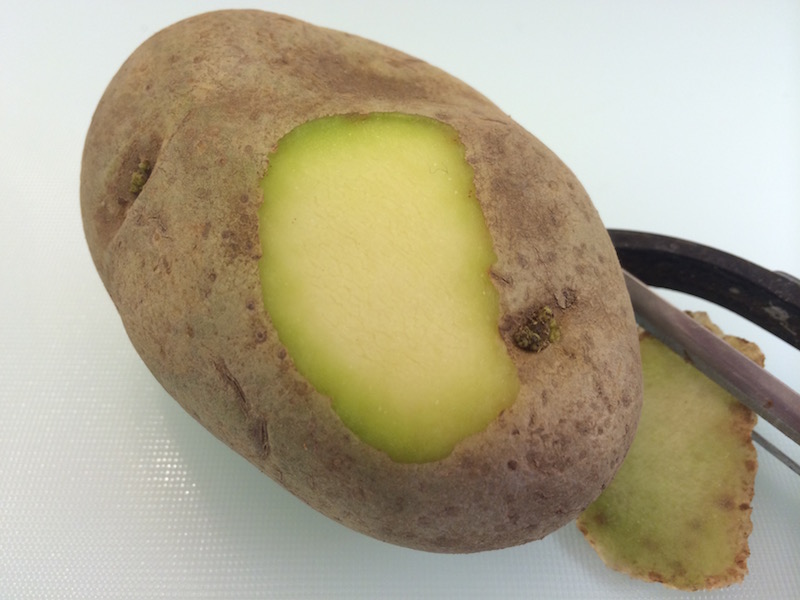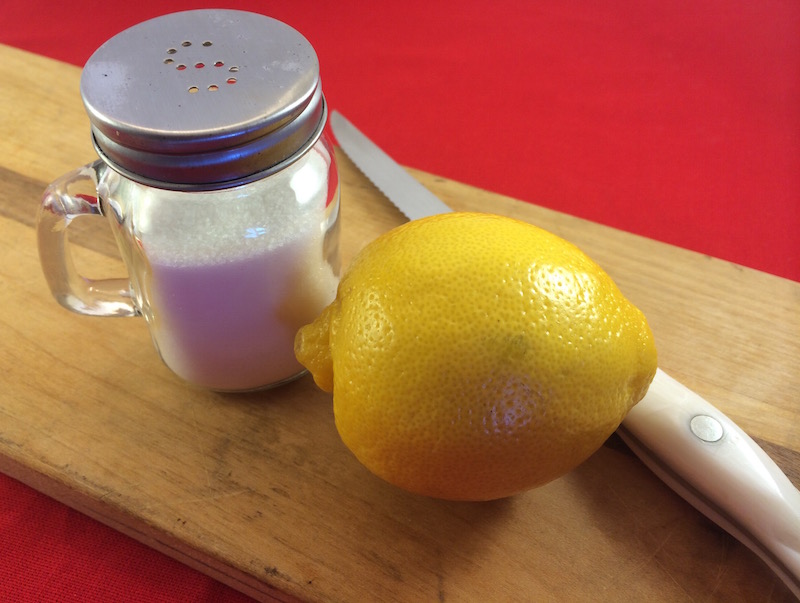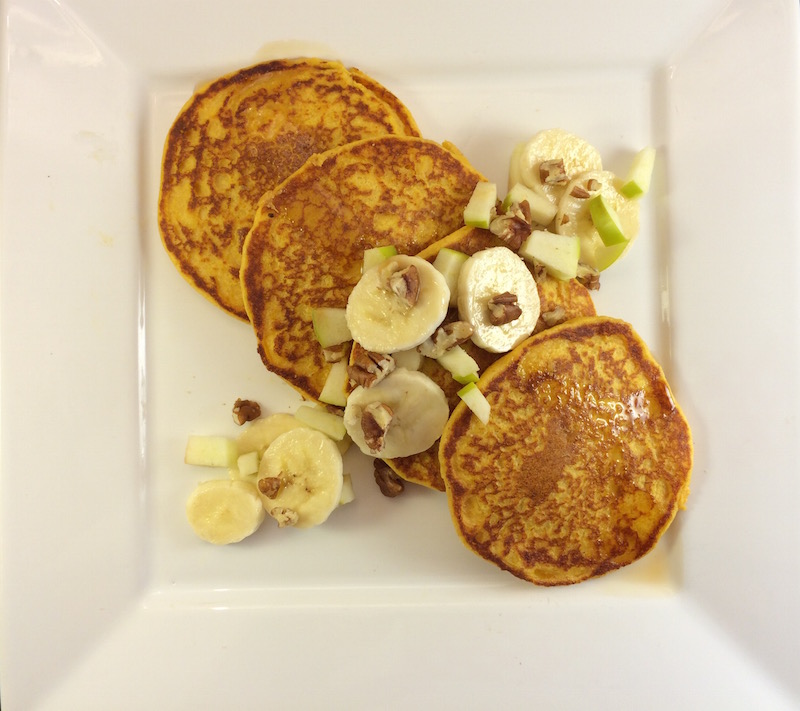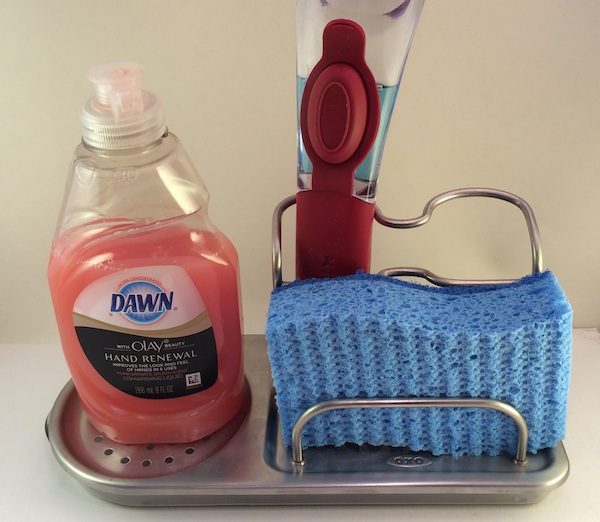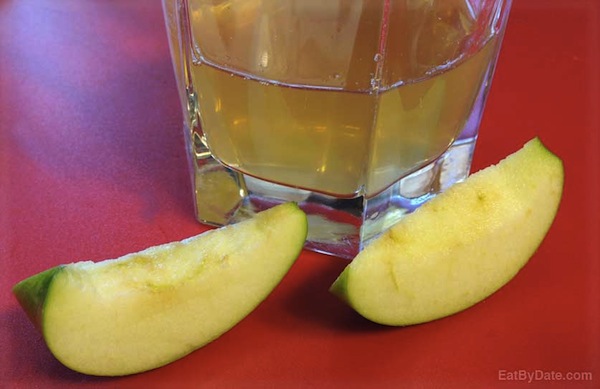How Long Do Apples Last?
How long do apples last? The shelf life of apples depends on a variety of factors, since there is not usually a sell by date, the only date you can go by is the purchased or picked date. Because of their relatively low cost, long Shelf Life, and proven health benefits, apples are one of the most popular fruits in the world and can be eaten right off the tree or cooked in hundreds of different ways. Remember, "an apple a day keeps the doctor away" because of their high fiber and vitamin content while having very few calories.
So, how long do apples last? When properly stored, the shelf life of fresh apples past their sell by date is approximately:
Our Favorite Food Storage Set!
With oven-safe glass and water-tight lids, these food storage containers are ready for action! Not a Prime Member? Try a 30-day free trial today!
Apples Expiration Date
| (Unopened) | Pantry | Refrigerator |
|---|---|---|
| Fresh Apples lasts for | 2-4 Weeks | 1-2 Months |
| Packaged Fresh Cut Apples lasts for | -- | 3-5 Days |
| Applesauce lasts for | 1-2 Months (Unopened) | 1-2 Weeks (Open) |
| Apple Pie lasts for | 1-2 Days | 4-5 Days |
This range is broad because apples may be purchased, stored and prepared in many different ways, each which can result in a different expiration date. It's also hard to tell how long of a shelf life they already had at the grocery before they arrived in your home. And, prior to arriving at the grocery, they may have been kept in controlled cold storage for up to year!
There are so many different varieties ranging from soft and sweet to crisp and tangy. The firmer varieties, like Granny Smith, last longer than the softer varieties, like Golden Delicious.
Of course, apples last for a shorter period of time if they are not stored properly. But remember that apples, like a lot of other fresh fruits, usually do not have a use by date so you have to use the date purchased in order to calculate the expiration date of apples.
How to tell if Apples are bad, rotten or spoiled?
Practicing proper hygiene and food safety techniques will help prevent foodborne illness.
Although not a perfect test, your senses are usually the most reliable instruments to tell if your apples have gone bad beyond the shelf life. Some common traits of bad apples are a grainy, soft interior and wrinkled skin along with discoloration and bruising. Avoid any apples with mold on the bottom.
There are, of course, certain health risks associated with spoiled foods so always remember to practice food safety and enjoy your foods before their shelf life has expired!
How to store Apples to extend their shelf life?
You can help apples keep fresh longer by storing them in your pantry or refrigerator drawer.
Once apples are prepared, apples should be stored in a tightly closed container to keep out moisture and other contaminants. Although fresh apples will turn brown when exposed to air, there are simple ways to prolong the fresh white color and a vacuum seal will even further prolong discoloration.
Some benefits of proper food storage include eating healthier, cutting food costs and helping the environment by avoiding waste.
Interesting facts about Apples:
How to use extra before your Apples go bad?
Save your apples before they are rotten apples with one of these simple recipes:
How long are Apples good for when prepared in a dish?
How long do apples last? That depends. How long do bananas last? In general, apples only last as long as the quickest expiring ingredient in the recipe.
What are our shelf life resources?
In determining how long Apples lasts, our content incorporates research from multiple resources, including the United States Department of Agriculture and the United States Food & Drug Administration. In addition, we scoured the web for informative articles and reports related to food safety, food storage and the shelf life of Apples.
*An important note about expiration dates...
Although the Apples shelf life information on Eat By Date is generally reliable, please remember that individual cases will vary and that our advice should only be taken as an opinion and not a replacement for your health care professional. Please eat responsibly!


